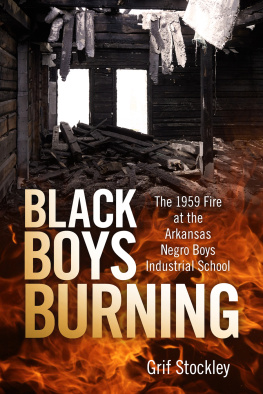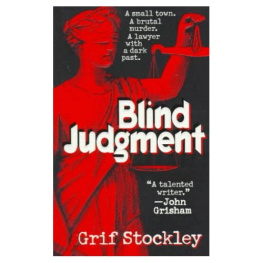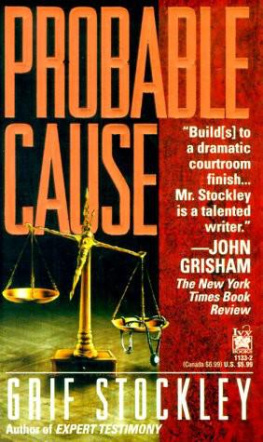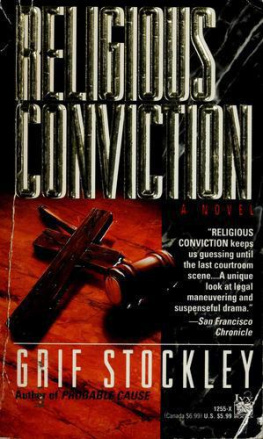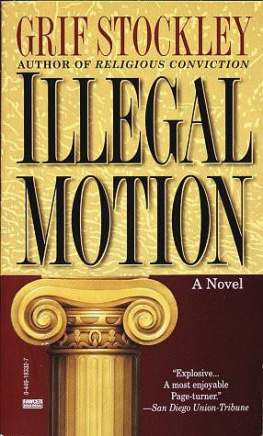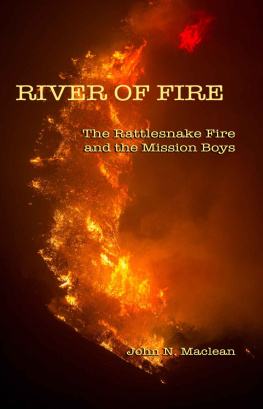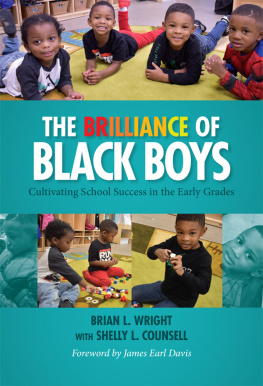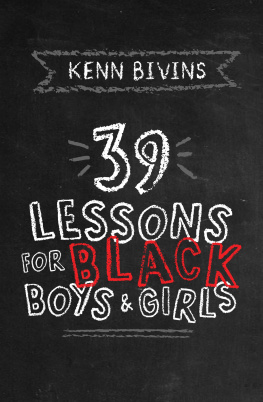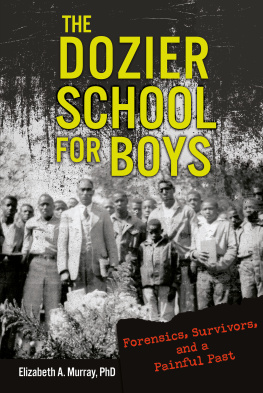
Black Boys Burning
BLACK BOYS BURNING
The 1959 Fire at the Arkansas Negro Boys Industrial School
Grif Stockley
University Press of Mississippi / Jackson
www.upress.state.ms.us
The University Press of Mississippi is a member of the Association of American University Presses.
Copyright 2017 by Grif Stockley
All rights reserved
Manufactured in the United States of America
First printing 2017
Portions of this work previously appeared in The Twenty-One Deaths Caused by the 1959 Fire at the Arkansas Negro Boys Industrial School: An Isolated Case of Neglect or an Instance of Racial Violence? In Race and Ethnicity in Arkansas: New Perspectives, edited by John A. Kirk, 7181. Fayetteville: University of Arkansas Press, 2014.
Library of Congress Cataloging-in-Publication Data
Names: Stockley, Grif, author.
Title: Black boys burning : the 1959 fire at the Arkansas Negro Boys Industrial School / Grif Stockley.
Description: Jackson : University Press of Mississippi, [2017] | Includes bibliographical references and index.
Identifiers: LCCN 2017007287 (print) | LCCN 2017011099 (ebook) | ISBN 9781496812698 (hardcover : alk. paper) | ISBN 9781496812704 (epub single) | ISBN 9781496812711 (epub institutional) | ISBN 9781496812728 (pdf single) | ISBN 9781496812735 (pdf institutional)
Subjects: LCSH: Arkansas Negro Boys Industrial School (Wrightsville, Ark.)Fire, 1959. | Race discriminationArkansasHistory20th century. | Juvenile justice, Administration ofArkansasHistory20th century. | Segregation in educationArkansasHistory20th century.
Classification: LCC HV9105.A82 S76 2017 (print) | LCC HV9105.A82 (ebook) | DDC 365/.976773dc23
LC record available at https://lccn.loc.gov/2017007287
British Library Cataloging-in-Publication Data available
To my sisters, Harriet and Sally, and in memory of my brother-in-law, Carlos Lopez
Contents
Acknowledgments
I wish to acknowledge the generous help of the North Little Rock Laman Library. It was a source of great pride to be selected as a recipient in 2010 of a writing fellowship sponsored by that institution.
Some people (but certainly not all) met my efforts to research the history of the school and the events surrounding the fire with great reluctance and refused to discuss it. Understandably, a number of people preferred not to be reminded of their association with that institution. Those who were willing to share their memories and provide assistance I thank profusely. I take this opportunity to express my deep appreciation to the Frank Lawrence family of North Little Rock, and I would be remiss if I didnt explain its contribution. It was Lindsey Crosss brother, Frank Lawrence, who raised the many questions about the fire and the deaths of the boys that have long been unasked and unanswered during his efforts to make a documentary film. I would learn that Lawrence had done important research on the story of the fire until his financial resources were exhausted and his efforts to gain outside support for the project failed. As I acknowledge throughout the text and endnotes, his interviews with former inmates, family members of survivors, employees, and others have brought to light relevant and significant information. He arranged for me to talk with his family members, former inmates, and employees as well as sharing the numerous filmed interviews he had conducted. Additionally, he sat for an extended interview while I was an employee at the Butler Center for Arkansas Studies, which is now archived in the centers audio/visual project.
Our interpretations and conclusions of the events are sometimes different. But had Frank Lawrence not insisted that the deaths of the boys be remembered, the fiftieth anniversary of the fire would have gone unnoticed.
Guy Lancaster, editor of the online Encyclopedia of Arkansas History and Culture, read drafts and made helpful suggestions. EOA has become an invaluable resource to the entire country and not infrequently the world. I thank my sister Sally Johnson for her editorial suggestions. I thank Roy Reed, whose biography of Orval Faubus was selected as a 1997 New York Times Notable Book and is the definitive work on that complex individual, for his careful reading of the final draft and suggestions. No book on history can be written without the assistance of librarians, and I especially thank Geoffery Stark, Special Collections at the University of Arkansas (Fayetteville), for his relentless searching of the Orval Faubus Papers. I also thank Brady Banta, Malissa Davis, and the Special Collections staffs at Arkansas State University, Linda Pine and the University of Arkansas at Little Rock, Jimmy Bryant and the staff of Special Collections at the University of Central Arkansas, and the staff of the Arkansas State Archives. I also wish to thank Bobby Roberts and David Stricklin and the Central Arkansas Library System for their support of the Ruled by Race Project that made possible my employment at the Butler Center for Arkansas Studies while a part of the research on the history of the Negro Boys Industrial School was being conducted. I thank Craig Gill, Emily Bandy, Katie Keene, Valerie Jones, Todd Lape, and others at the University Press of Mississippi for bringing this book to publication.
It pleases me to note that not all the research was a grim affair. I was graciously permitted to attend a reunion in Los Angeles of members of the family of Tandy Washington Coggs, the first and best superintendent of the Negro Boys Industrial School. My interviews with Dr. Granville Coggs and members of the Coggs family were a delight. I also thank Tom Dillard, Dorothy Mattison, Joyce Williams, Howard Lee Nash, Gina Reynolds, Octavia Hill, Lorraine Smith, Erin Tulk, SiKia Brown, Teresa Marks, Joyce Elliott, Bob Razer, Leslie Peacock, Wanda Gray, Moira Bryant, Jo Blatti, Steve Copley, Rhonda Stewart, Linda McDowell, and Danyelle McNeil. I thank Michael Levine for his superb copyediting. As always, I thank Lynn Pence for her infinite patience and assistance.
Introduction: The Fire This Time
After the passage of voting restrictions in the 1890s, school boards had lost all political motivation to fund black public education; they needed only to maintain the appearance of black public schooling as a precaution against the unlikely event of federal intervention.
Story L. Matkin-Rawn, We Fight for the Rights of Our Race: Black Arkansans in the Era of Jim Crow
In an editorial on March 20, 1959, L. C. Bates, the African American publisher of the Arkansas State Press, wrote the following: We wonder if the white man in the South who has set the pattern for the Negro to live by can find any consolation for the irreparable damage that his system has caused.1 Fifteen days prior, an early morning fire had burned to death twenty-one African American adolescents who were locked inside a dormitory at the Arkansas Negro Boys School outside of Little Rock. No employee was present to unlock the door. On March 9, nine black school children in Georgia had drowned when a bus transporting them to a segregated school overturned. As L. C. and his wife Daisy Bates knew only too well,2 white supremacy had been carried out by slavery, bad science, murder, rape, terrorism, lynching, massacres, mass incarceration, peonage, disfranchisement, racial cleansing, arson, racial covenants, predatory lending, loan discrimination, redlining, blockbusting, segregation, intimidation, humiliation, discrimination, denial of free speech, termination from employment, a truly massive theft of financial resources for services lawfully intended for black citizens, quarantine rather than effective treatment of black persons diagnosed with tuberculosis, paternalism, and a civil and criminal justice system that routinely denied African Americans due process and equal protection of the law.3
Next page
